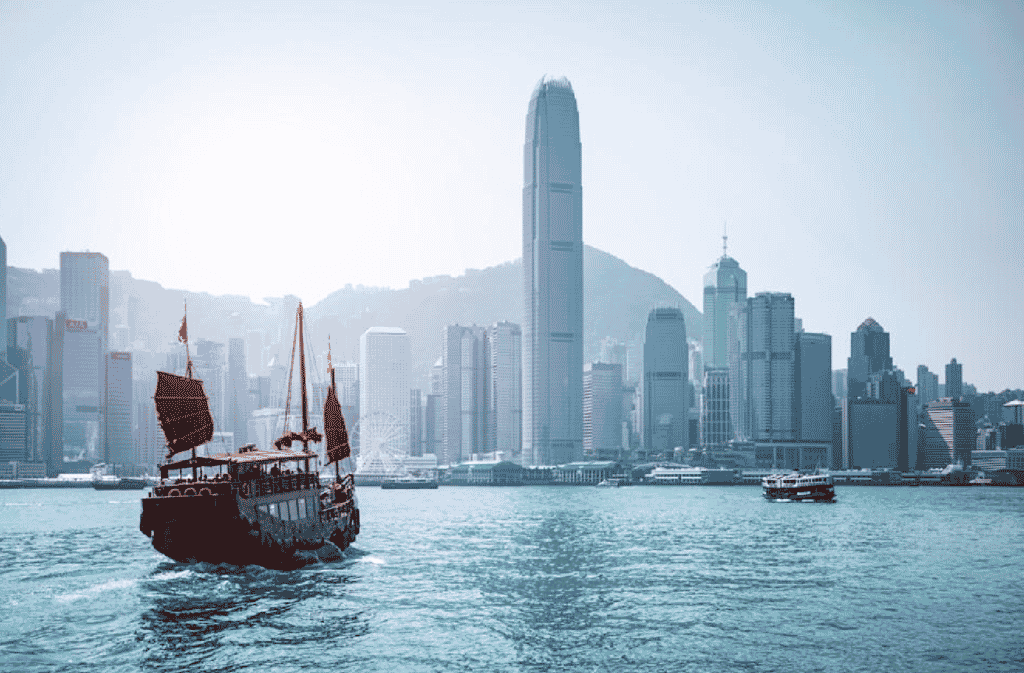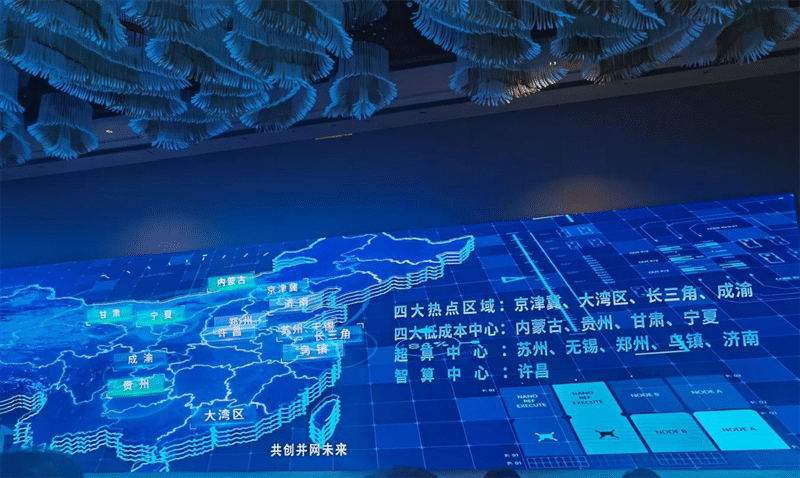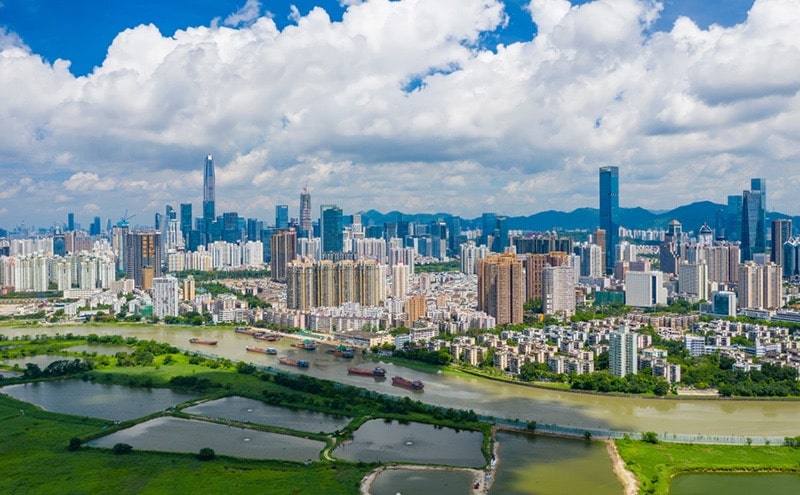The Hong Kong-Zhuhai-Macao Bridge opened to traffic yesterday, connecting Hong Kong and the west coast of the Pearl River Delta. It is the longest cross-sea bridge in the world. It is not an exaggeration to be hailed as the project of the century in the Guangdong-Hong Kong-Macao Greater Bay Area. The new World Economic Forum's "Global Competitiveness Report" is released. Hong Kong is ranked second in the world in terms of infrastructure. It is one of the pillars that keeps Hong Kong competitive in the eyes of the international community. With the opening of the bridge and the high-speed rail, it is expected to catch up in the coming year. Singapore ranks first in infrastructure. However, Hong Kong's overall ranking has remained in the middle and lower reaches of the world's top ten in recent years, with no breakthrough. Innovation capabilities have always been a weakness, and talent is the key.
Oresund Bridge keeps talent flowing
The Bay Area's economy is highly concentrated, attracting investment from the mainland and overseas, but at the same time making land prices and living costs more expensive. This phenomenon is not unique to Hong Kong. There are "super commuters" in the San Francisco Bay Area who spend three to four hours a day commuting to work in Silicon Valley. Transportation and housing problems have become obstacles to attracting talents. Cross-border infrastructure shortens transportation time. Even if cross-border work may not be the mainstream mode, it is an option worth considering in Northern Europe. The Oresund Bridge connects Copenhagen, Denmark, with Malmö, Sweden. The former has economic opportunities and the latter has affordable living costs. Once the bridge is opened, the market will respond most sensitively. There is no need for high-ranking officials to praise it. Danes have begun to move to Malmö, and Swedes are also actively seeking jobs in Copenhagen. Finland and Estonia are also exploring an undersea tunnel connecting Helsinki and Tallinn to maintain talent competitiveness.
Cross-border flows will become more frequent due to the Hong Kong-Zhuhai-Macao Bridge. However, the author participated in a youth forum last week. High school students have two worries about the development of the Greater Bay Area. One is that they are afraid that mainland professionals will come to Hong Kong to grab jobs. Second, they are afraid that Hong Kong people will go to the mainland to develop, which will lead to a brain drain. Faced with a narrow ladder and high social expectations, it's understandable that they feel stressed about their future. In fact, Hong Kong is an open economy. Not only professionals from the mainland, but also talents from all over the world can come to Hong Kong. We have long been accustomed to competition from foreign talents. As the world competes for talents, Hong Kong people should not be afraid of competition, but should strive to strengthen themselves and even actively recruit talents to develop the industry better and create more opportunities.
Cultivate dual experience and not be afraid of competition
On the other hand, how to retain talents is also a major problem faced by various places. Some talents leave Hong Kong for development due to insufficient industrial diversification. For example, the aircraft manufacturing industry in Zhuhai is difficult to replace by Hong Kong. Some are attracted by the market environment, such as innovation and technology talents flocking to the mainland for development, but they cannot keep them even if they want to. However, the flow of talents will also bring benefits. Many talents who go abroad for development still maintain connections with Hong Kong, becoming social capital for Hong Kong people and promoting knowledge exchange and collaborative work. According to the "Global Competitiveness Report", Hong Kong's shortcomings in the field of innovation, in addition to investment in scientific research, are the joint cooperation of overseas personnel. Many Hong Kong people developing in the Mainland trust their partners in Hong Kong to continue to cooperate and create a win-win situation.
There are many ways to experience the Greater Bay Area through studying, employment, business or living, but the overall perspective cultivated through this is an ability that the new generation needs to possess. In the past, places such as Europe and the United States were the first choice for studying abroad and working, and returning talents with Western experience were like gold-plating. As the world's center of gravity shifts eastward, foreign talents are flocking to Asian experience, among which Chinese experience is the most popular. Due to historical and geographical factors, Hong Kong people have the great advantage of accumulating both Chinese and Western experience. Whether it is preparing for fierce competition or seeking opportunities for personal development, Hong Kong has a convenient location in the Bridge era. Now is the perfect time for Hong Kong people to seize the development of the Greater Bay Area and consolidate and enhance their competitiveness.
Ray Poon
Democratic Thinking Researcher



